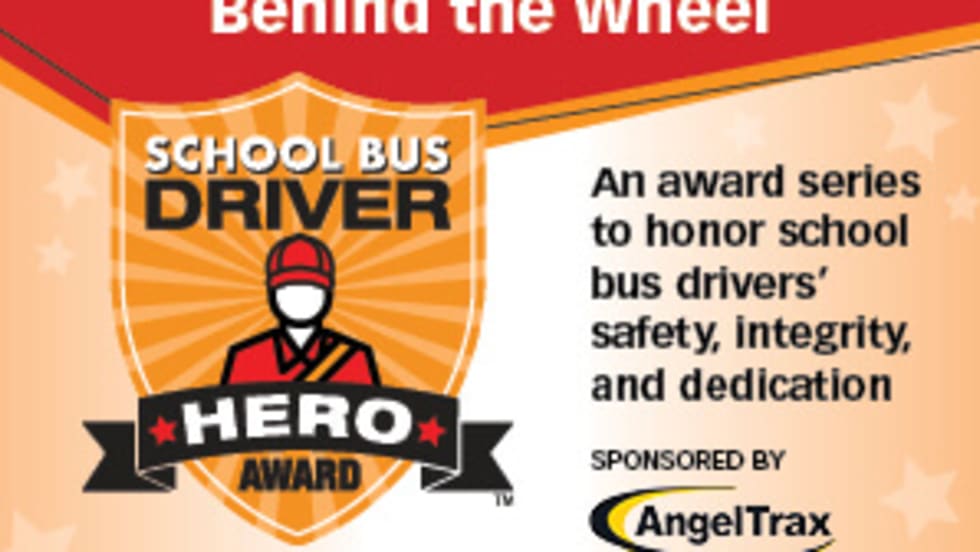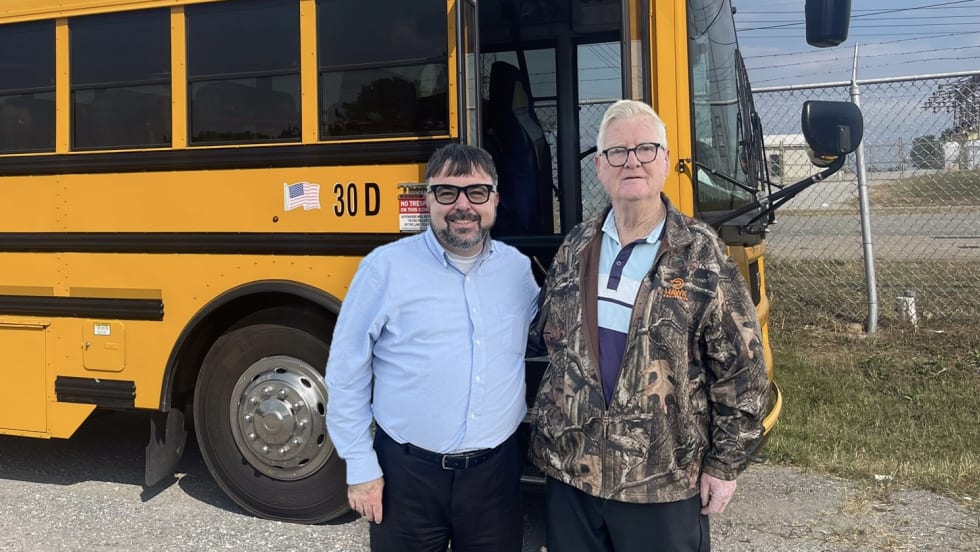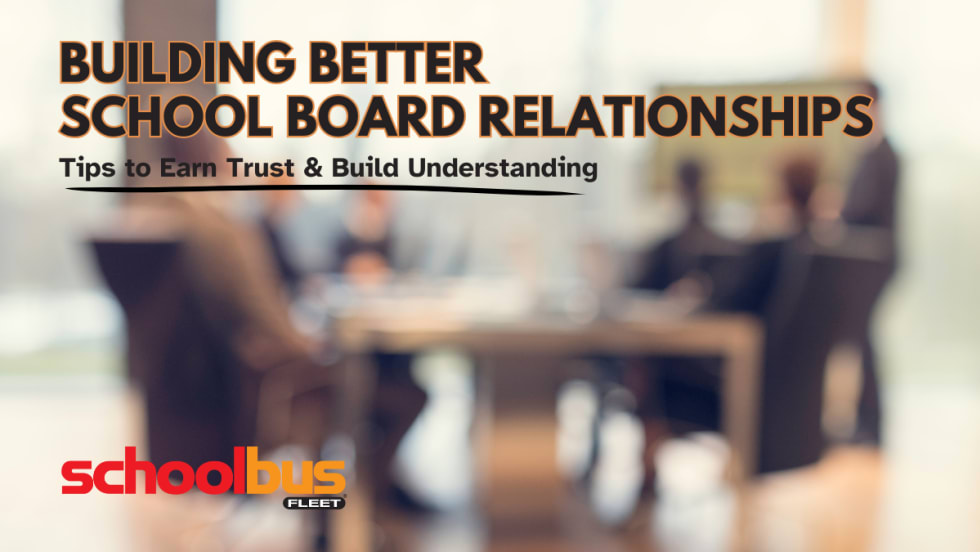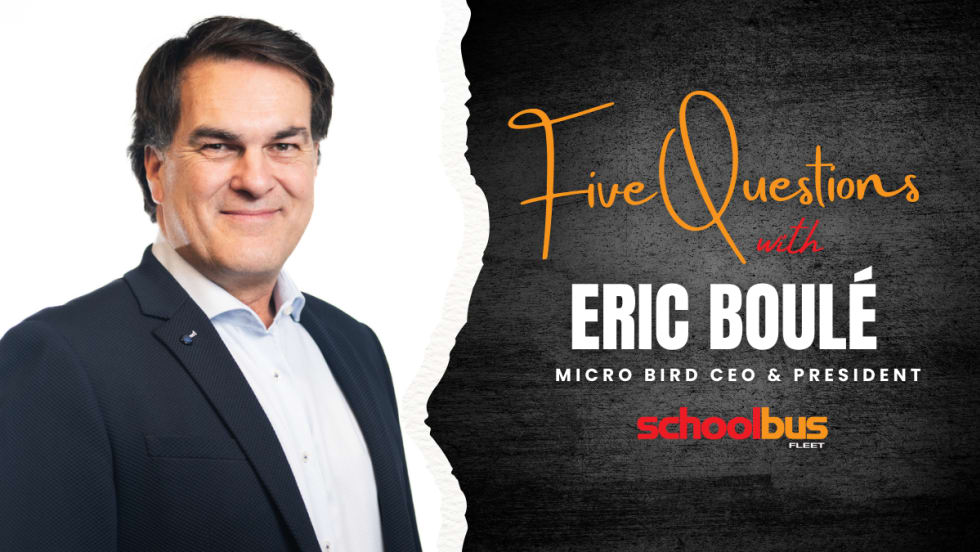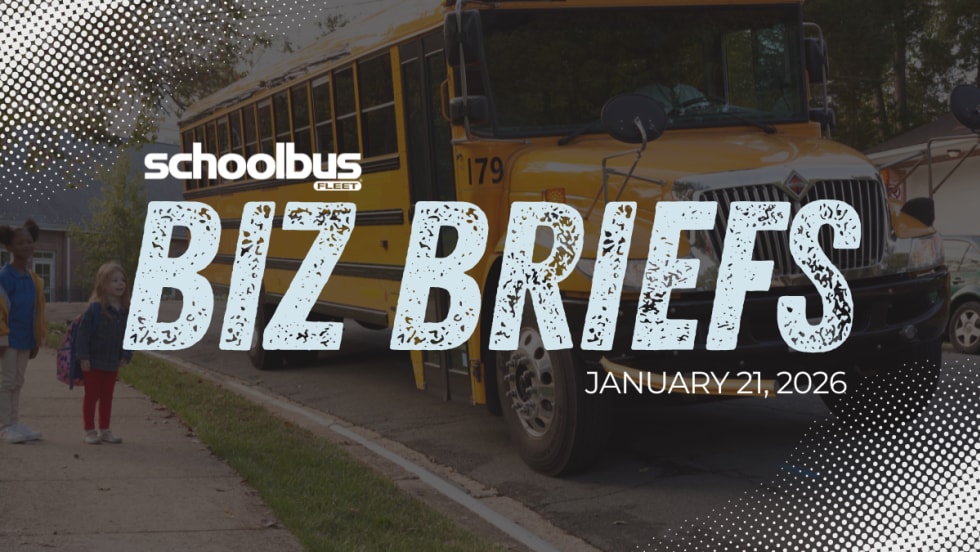Mentors, industry involvement, opportunities for growth, and creating an encouraging environment that helps cultivate confidence are key to female employees’ advancement, experts say.
Student transportation offers many opportunities for growth in a rewarding career, but, as with many industries, there can be hurdles for women looking to move up.
To address issues of empowerment and confronting sexism, two women who work in pupil transportation in Iowa recently started VOCE, a group for women and allies in the industry.
To get more insight on effective ways to empower female employees and deal with sexist incidents, School Bus Fleet reached out to a handful of women transportation leaders for their perspective. They shared six key pieces of advice.
1. Mentors Matter.
It is important to connect employees, particularly female employees, with mentors for growth and advancement opportunities.
A trustworthy mentor who serves as a confidant is also critical when dealing with sexism at work, says Ronna Weber, executive director of the National Association of State Directors of Pupil Transportation Services.
A mentor can not only listen but also help the employee navigate the process of reporting the incident.
“Talking about your experience with those you trust and knowing the process within your organization to report such behavior are both critical tools to ensuring that you are taken seriously,” she adds. “Knowing you have support won’t necessarily make the situation easier, but it will give you the confidence to report the behavior.”
Being subjected to sexist behavior, Weber notes, is “not only demeaning, but it’s also incredibly personal and difficult.”
“Remember, you have done nothing wrong,” she adds. “You didn’t invite this behavior, and you have options.”
More generally, Kim Frye, director of transportation services at Orange County (Fla.) Public Schools, adds that the one thing that has helped her in her career is a support team that believes in her, including two mentors — her mother, who also worked in transportation, and a former boss — as well as a family that understands how important her job is to her.
2. Encourage Involvement, Persistence.
Pam McDonald, former director of transportation for Orange (Calif.) Unified School District, now retired, says that when she took that position on in the mid-1990s, she discovered she “was in a man’s world.” However, she joined the local chapter of the state pupil transportation association, kept volunteering and asking to be involved in discussions, and began to get included.
“I was persistent,” McDonald adds. “I always wanted to learn more. I made sure I was seen and heard.”
Soon after, she connected with mentors — male and female — who were inclusive of women and invaluable to her career, she says.
3. Create an Positive, Open Environment.
Women need to work together and empower each other, McDonald says.
“Women need to stick together and shut out negativity,” she adds. “We need to learn from our past to make the future better for other women and build them up.”
That includes learning from other women in the field.
“Remember: no one knows it all, so reach out to others, and when you become more knowledgeable, reach out to the newbies,” McDonald says.
Weber agrees, saying women in leadership need to make themselves available as an ally and mentor to others.
Similarly, Alexandra Robinson, president of A. Robinson Consulting, who has also served as a transportation director for New York and California school districts, points out that female colleagues must cheer each other on.
“Our industry has a history of being male dominated, so encouraging our female counterparts, mentoring, and leading by example are all a great foundation; their success is also my success,” Robinson says.
She and McDonald add that they have been fortunate to have found strong women in the industry to rely on.
“Seek us out; we’re here to help,” Robinson says. “We celebrate each other‘s wins, we listen, we empathize, and above all, we build each other up; we remind one another of how we got here.”
Robinson is also a cofounder of the group Women in Transportation (wit.) wit. was founded in November 2012 by a group of women in the school transportation industry who wanted to ensure an avenue for leading, empowering, inspiring and mentoring other women. It was formed, Robinson says, to promote inclusive leadership in the industry and serve as a support and resource network to all who are interested. (Those who are interested can request to join the group's Facebook page or Instagram page, or get more information by emailing witwomenintransportation@gmail.com.)
4. Offer Ownership, Opportunities.
In addition to encouraging women and being supportive, let them know you rely on them, says Courtney Villani, president of Villani Bus in Linden, New Jersey.
To provide growth opportunities for female employees, she advises allowing them to work independently or lead a project with some support.
“Taking ownership of a project increases pride and a sense of self,” she says.
When assigning work or a project, Villani explains what needs to be done and then lets the employee determine how they want to do it.
"Let them take the lead," she adds. "Make sure to tell them how much you appreciate them and the great job they do."
To further empower women in the workforce, ask them about their family and embrace a flexible culture, Villani says.
“Allow people to do things on their schedule and encourage family first so long as responsibilities are properly managed,” she adds.
Equal pay for equal skill levels and equal opportunity for additional earnings is a must, Villani notes.
5. Make Yourself, Other Management Available.
Villani also says she makes herself available for workers to talk to and recommends creating a network of trusted staff for new drivers to connect with.
That goes beyond managers saying they have an open-door policy. Villani also ensures female employees know she wants their feedback and values their opinions.
Regular check-ins, however small, are also important. For example, someone needs to see a driver’s face before they get behind the wheel, Villani says.
“If someone is scared, upset, or not feeling well, we can see that and address it before it's too late,” she adds.
To address sexist or other discriminatory incidents, Villani says that she talks at every meeting about staff members’ role in creating a safe environment for the students, which all employees support. She uses that to transition to a discussion on having a safe, respectful environment to work in.
Villani adds that she works to create an environment where employees can report anything in whatever language they are comfortable speaking.
“Most may not come forward if they feel uncomfortable,” she says.
6. Help Cultivate Confidence.
When dealing with obstacles, Frye says, she tells female employees to keep believing in themselves, and “remind yourself you deserve to be here just like anyone else. You are here because of the work you have done.”
“I have never understood how others want to bring you down because you are successful and making a difference, but the most important thing to remember is you are here to make a difference and help others, especially those that don’t want you to be successful,” Frye adds.
When a female employee asks for a raise and seems hesitant, Villani says, she tells them not to apologize.
“I remind them they are asking because they need it or believe they deserve it,” Villani says. “Maybe I can or maybe I can't, but either way, believe in yourself because I believe in you.”
Robinson notes that empowerment starts from within.
“It took me a while to realize that I am truly my only competition,” Robinson says. “I have to ensure I’m always self-aware and empowered, and then push myself to be a better version of me first and foremost.”
When women speak up and lead, Robinson adds, they need that confidence, as they will be faced with some people viewing their strength as a threat.
“I remember being at a factory and asking a question about the chassis build for one of our buses. The answer was given to the man next to me, even though I had asked the question,” she recalls. “I remember the look on the person’s face when he heard ‘Great answer, but the question was asked by Alex, not me.”
“If you make it a habit to surround yourself with others of integrity, sometimes the ‘battle’ is fought on your behalf,” Robinson adds.






